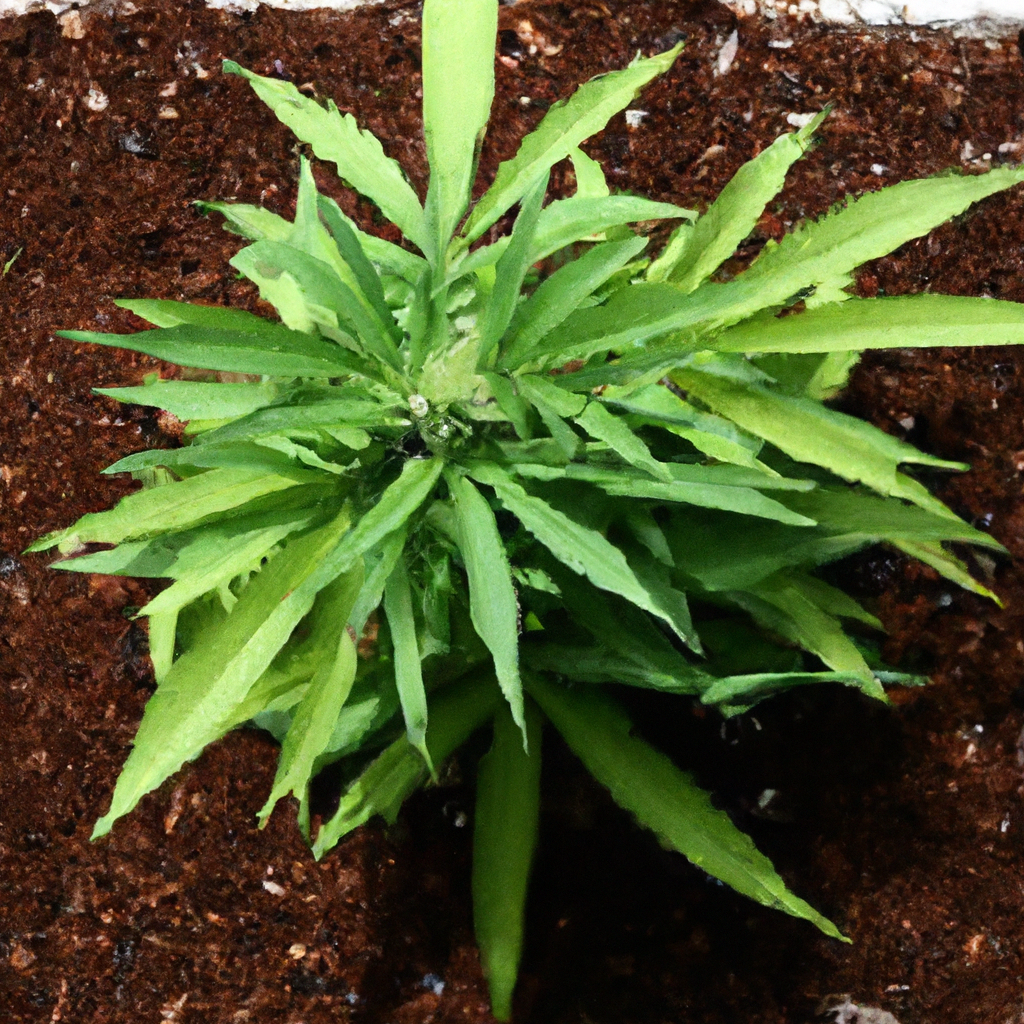Your cart is currently empty!
In the world of cannabis cultivation, going organic isn’t just a growing trend—it’s a commitment to fostering a healthier environment and a more sustainable future. By incorporating natural methods and sustainable practices, cultivators can optimize their cannabis yields while simultaneously benefiting both the planet and consumer health. Let’s explore some top practices in organic cannabis cultivation.
Natural Fertilizers: Boosting Soil Health
Feeding your cannabis plants with the nutrients they need without synthetic chemicals is entirely possible with natural fertilizers. These options not only enrich the soil but also help build a robust ecosystem in your garden.
- Compost: Rich in organic matter and essential nutrients, compost is an excellent soil conditioner. It enhances soil structure and fertility.
- Fish Emulsion: Ideal for its high nitrogen content, fish emulsion is a quick nutrient fix for growing plants.
- Bone Meal: Packed with phosphorus and calcium, bone meal supports robust root development and flowering.
- Worm Castings: This option improves soil aeration, moisture retention, and microbial activity, all crucial for plant health.
Integrated Pest Management: Keeping Threats at Bay
Instead of relying on chemical pesticides, manage pests naturally with Integrated Pest Management (IPM) strategies. They protect your plants while maintaining ecological balance.
- Companion Planting: Utilize plants such as marigolds and basil, which repel common cannabis pests.
- Beneficial Insects: Introduce ladybugs or praying mantises to control aphid and pest populations.
- Diatomaceous Earth: Applying this natural powder can deter insects with exoskeletons and aid in preventing infestations.
- Nematodes: These microscopic worms attack soil-dwelling pests without harming your plants.
Sustainable Practices: Building an Environmentally Friendly Operation
Adopting sustainable practices not only reduces your environmental footprint but also ensures long-lasting success in organic cannabis cultivation.
- Water Management: Use drip irrigation and rainwater harvesting to conserve water.
- Eco-friendly Packaging: Choose biodegradable and recyclable materials for packaging and transportation.
- Energy Efficiency: Optimize energy use with LED lighting and sustainable climate control measures.
- Carbon Sequestration: Incorporate practices that increase soil organic matter, aiding in capturing and storing atmospheric carbon dioxide.
The Benefits of Going Organic
Organic cannabis cultivation offers numerous advantages, from protecting the environment to improving consumer health.
- Environmental Preservation: By minimizing chemical runoff and fostering biodiversity, organic practices help maintain healthy ecosystems.
- Healthier Products: Organic cannabis is free from synthetic residues, offering a cleaner product for consumers.
- Superior Quality: Enhanced terpene profiles and cannabinoid content often result, delivering richer flavor and more potent strain effects.
Conclusion
Embarking on an organic cannabis cultivation journey is a rewarding venture that supports sustainability and offers benefits for both the planet and users. By implementing practices such as natural fertilizers, integrated pest management, and adhering to sustainable methods, you cultivate a high-quality, eco-friendly product that stands out in today’s competitive market.
Embrace organic cultivation not just for its agricultural virtues, but also as a dedication to a greener and healthier world.
Discover more from Magic Clones
Subscribe to get the latest posts sent to your email.


Leave a Reply